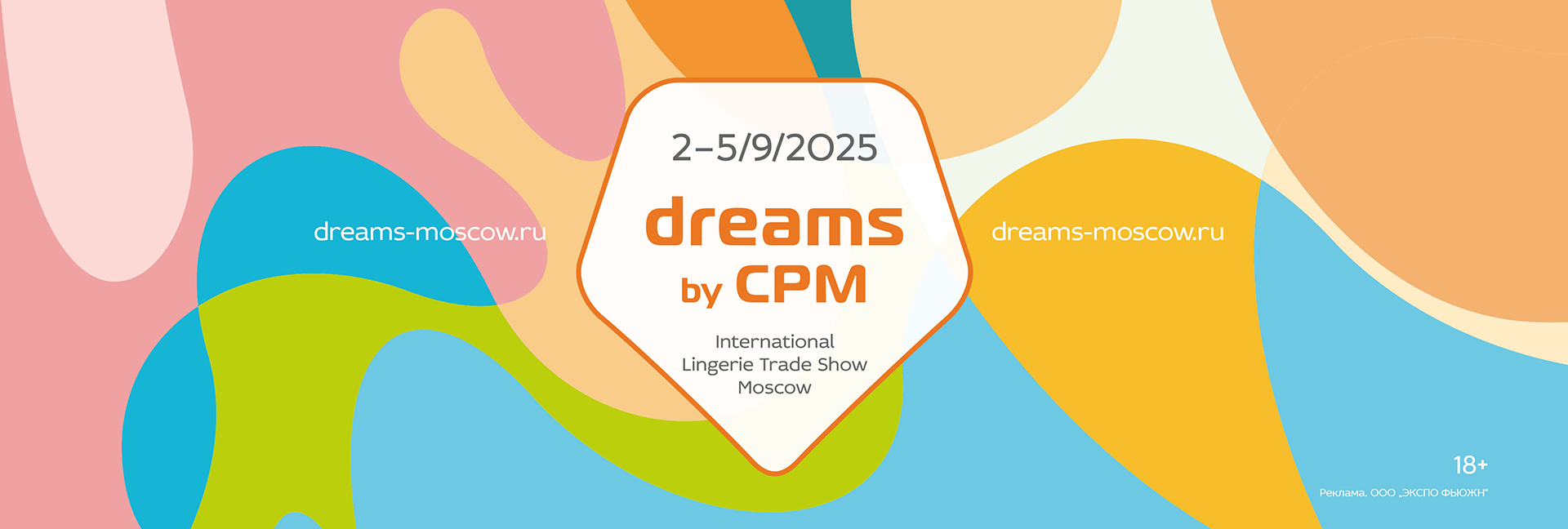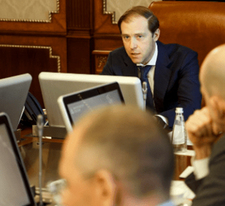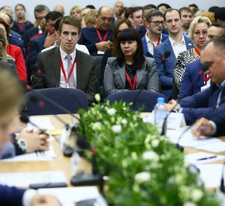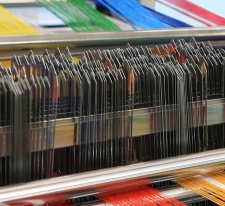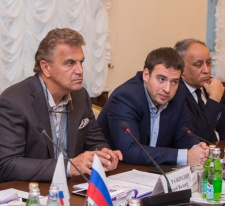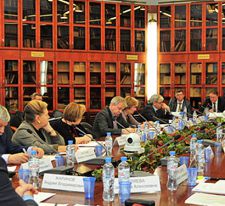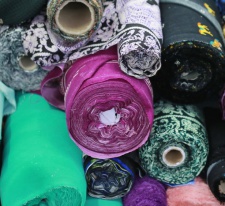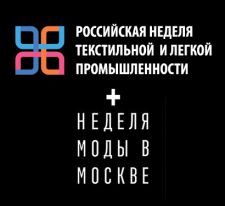Plenary session on state support measures for the light industry
On the first day of the exhibition «Intertkan-2018. Autumn"the promised plenary session on measures to support light industry enterprises with the participation of government and business representatives took place.
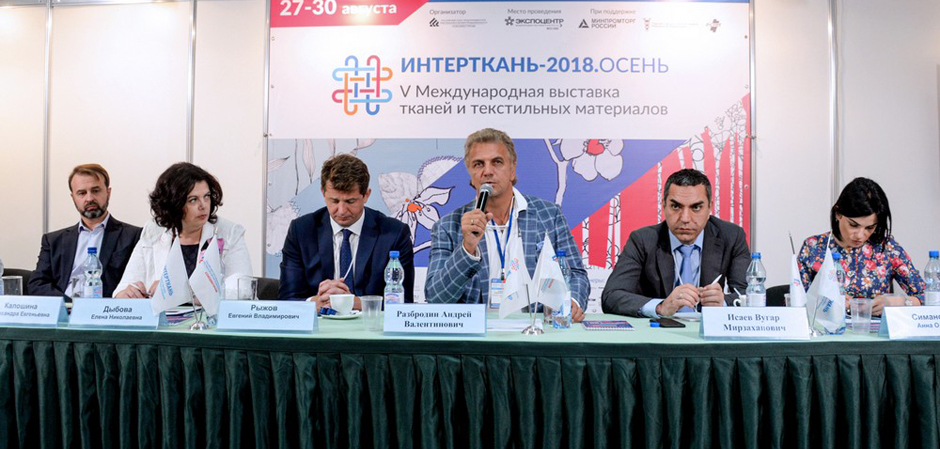
The meeting outlined, first of all, the increasingly complicated internal and external economic conditions that are increasingly affecting the work of the industry. At the same time, a number of departments are showing trends towards stagnation of the current level of direct and indirect state support for the domestic light industry. And this support itself is increasingly problematic for enterprises.
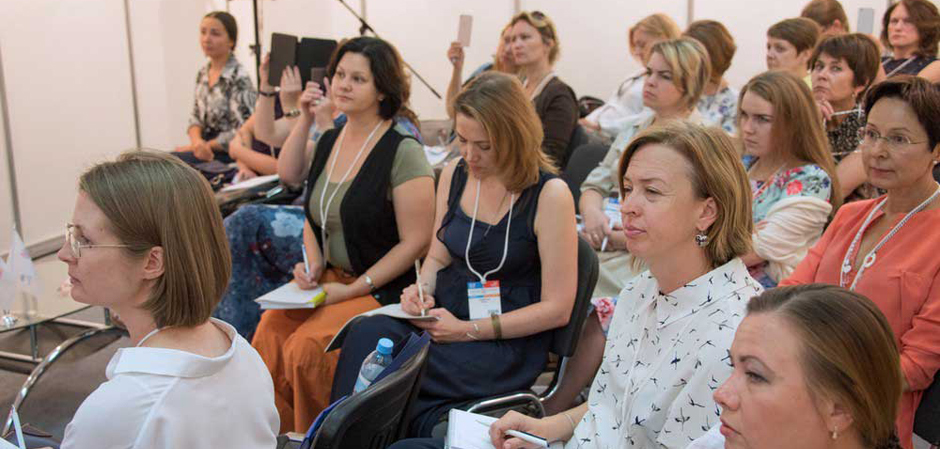
At the very beginning of the plenary session, the head of the company LLC "Thermopol" Viktor Gontar was awarded with a Certificate of Merit for his services in the development of the domestic light industry. Andrey Razbrodin, President of Soyuzlegprom, congratulating his colleague, noted his personal contribution to the development of innovative industries in the industry and to improving the competitiveness of this company's products in the domestic and foreign markets.
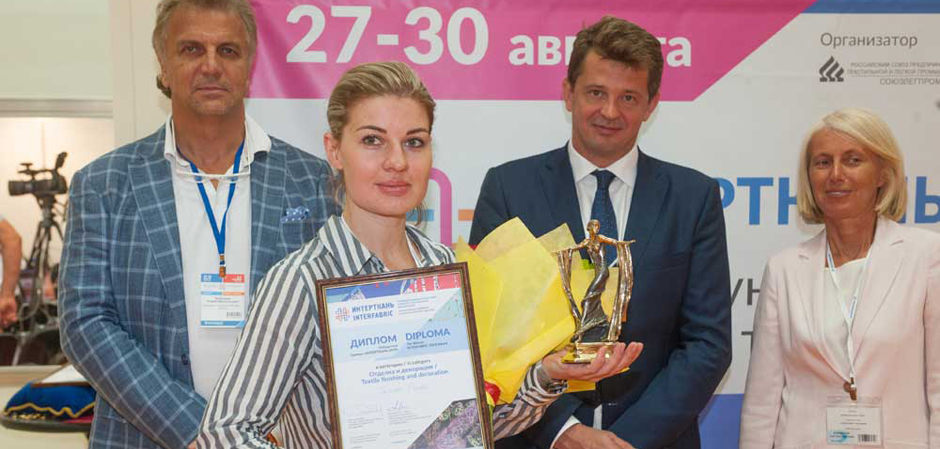
In his speech at the opening of the plenary session, Andrey Razbrodin stressed that state protectionism is increasing in the global economy and trade, which, along with the stagnation of demand for the prevailing textile assortment, poses fundamentally new challenges for the industry. And to solve them, it will be necessary to consolidate the efforts of the state, business and the expert community to strengthen the competitiveness of the Russian light industry. The measures of state support of the industry carried out by the Ministry of Industry and Trade of the Russian Federation should become the basis of such consolidation.
Evgeny Ryzhov, Director of the profile department of the Ministry of Industry and Trade of Russia, recalled the "parallel orientation of industry on the part of the government to import substitution and export development". Moreover, the latter vector will be given "increasing attention" within the framework of measures of direct and indirect state support.
He noted that, although the support of, for example, the automotive industry from the state is many times greater in comparison with the light industry, the level of textile exports in 2017 amounted to a record for this industry: about 17 billion rubles. And there is reason to believe that this trend will continue, at least in the near future.
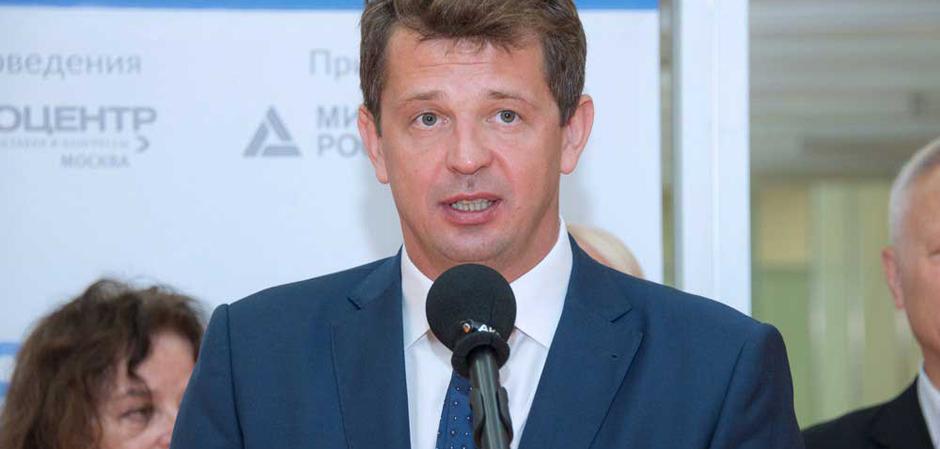
According to Evgeny Ryzhov, the Ministry of Industry and Trade of Russia supports the proposals of Soyuzlegprom to expand measures of direct and indirect state support of the industry to consolidate the positive dynamics of the last few years in most of its sub-sectors. However, as for state subsidies in the segment of replenishment of working capital of enterprises, this is still a problematic issue in the dialogue with the Ministry of Finance of the Russian Federation. The solution of this increasingly urgent issue is associated, among other things, with strict, as before, bank lending conditions. However, according to Ryzhov, the FRP plans a 1% 2% rate (instead of the standard 5% rate) on loans for export-oriented industrial projects.
According to Andrey Razbrodin, "first of all, it is necessary to change the Russian banking model, focusing it on stimulating production and implementing state programs for import substitution and innovative development of the economy."
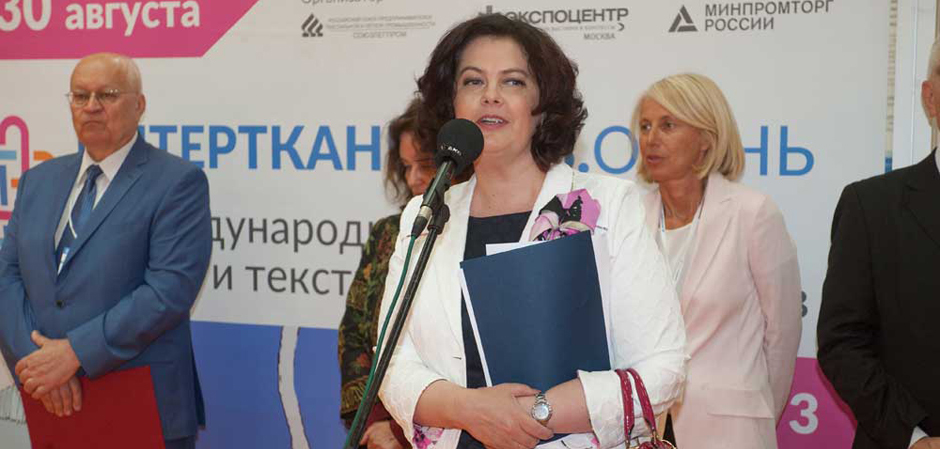
Vice-President of the CCI of the Russian Federation Elena Dybova said that the government has outlined a general program to support industry with financing of 455 billion rubles. But the exact parameters of this program and the timing of its implementation have not yet been officially announced; moreover, light industry is not indicated in it.
In addition, there are no clear mechanisms for state support of small and medium-sized businesses (SMEs), and its volumes in the near and medium term are unknown. Meanwhile, "traditional" lending to SMEs at 6.5% is unaffordable for him, especially in modern domestic and foreign economic conditions, according to Elena Dybova. The same opinion was expressed by Andrey Razbrodin and many other participants of the meeting.
Photos provided by the organizers.
